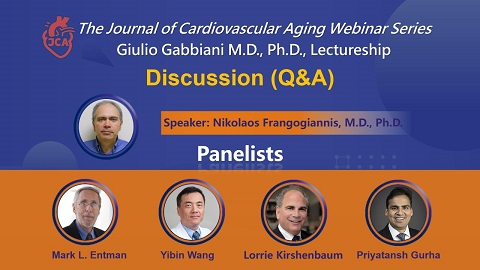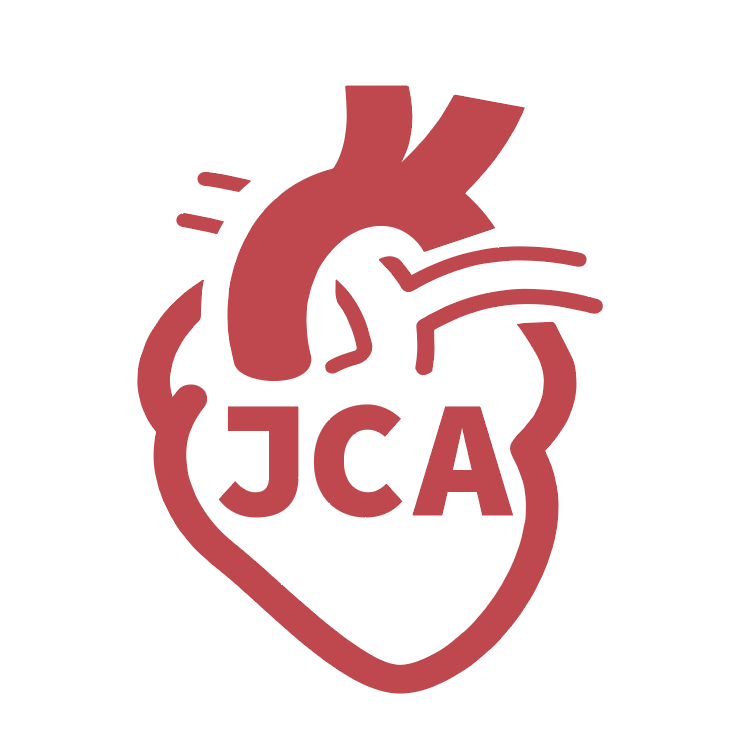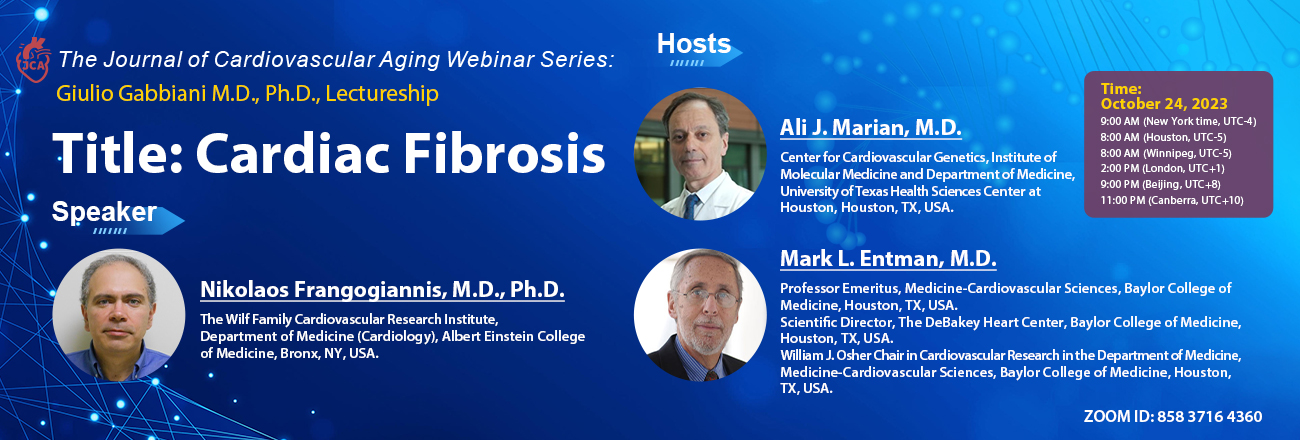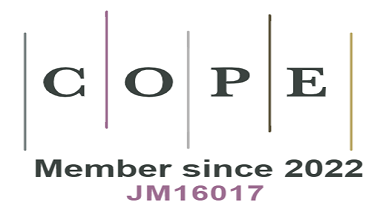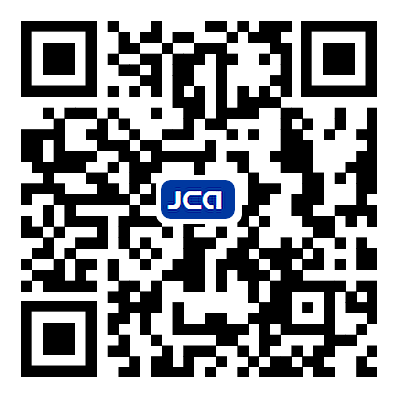Contents
Host(s)
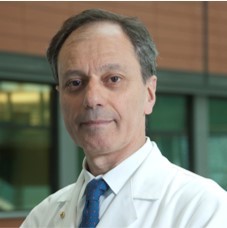
Ali J. Marian, M.D.
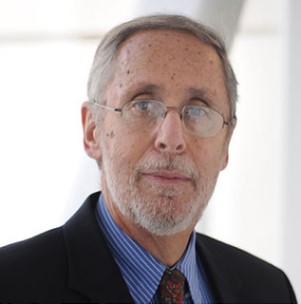
Mark L. Entman, M.D.
Professor Emeritus, Medicine-Cardiovascular Sciences, Baylor College of Medicine, Houston, TX, USA.
Scientific Director, The DeBakey Heart Center, Baylor College of Medicine, Houston, TX, USA.
William J. Osher Chair in Cardiovascular Research in the Department of Medicine, Medicine-Cardiovascular Sciences, Baylor College of Medicine, Houston, TX, USA.
Speaker

Nikolaos Frangogiannis, M.D., Ph.D.
The Wilf Family Cardiovascular Research Institute, Department of Medicine (Cardiology), Albert Einstein College of Medicine, Bronx, NY, USA.
Dr. Nikolaos (Nick) Frangogiannis is a world-renowned highly-cited cardiovascular scientist, who has made seminal contributions to our understanding of the molecular and cellular basis of myocardial inflammation and fibrosis. Dr. Frangogiannis is a Professor of Medicine, Microbiology, and Immunology at Albert Einstein College of Medicine, where he holds the endowed Edmond J Safra Chair in Cardiovascular Research.
Dr. Frangogiannis received his doctoral degree (MD) from the University of Athens, Greece in 1990. He joined the Department of Medicine at Baylor College of Medicine to pursue the Clinical Investigator Pathway as a physician-scientist. Nick completed his training in Cardiology at Baylor College of Medicine in 1999 and was appointed as a faculty in cardiovascular sciences at the same institute. Nick was recruited to Albert Einstein College of Medicine, Bronx NY in 2010 and was appointed as Professor of Medicine (Cardiology) and the Edmond J. Safra/Republic Bank of New York Chair in Cardiovascular Medicine at the Wilf Family Cardiovascular Research Institute, the position that he currently holds.
Nick’s initial foray into science began with his seminal discovery of interactions between chemokines, including CCL2 and MCP1, which activate the pro-inflammatory pathways and lead to the recruitment of anti-inflammatory macrophages to the damaged and healing myocardium (1995). Nick and his colleagues illustrated that the resolution of inflammation is essential to prevent adverse myocardial remodeling post-injury. His work on the role of IL-1 in cardiac remodeling has been classic and paved the way for translational studies and clinical trials, testing the potential salubrious effects of targeting this pathway in myocardial infarction and heart failure.
Nick has also made numerous contributions to delineating the role of extracellular matrix proteins, including thrombospondin -1, in protecting the myocardium against adverse remodeling post-injury and in heart failure. Moreover, he and his colleagues have dissected the distinct roles of TGFbeta/SMAD signaling pathways in cardiac myocytes and fibroblasts. Dr. Farngogiannis has disseminated his scientific discoveries by publishing over 250 articles, which have garnered over 25,000 citations (Clarivate Web of Science) with an average citation of about 100 per article and an H index of 82. His work on myocardial inflammation, fibrosis, and TGF-beta are among the highly cited articles in the field. He is recognized as a highly-cited scientist. Dr. Frangogiannis has received uninterrupted research (R01 awards) from the NIH. He currently holds three R01 awards from NHLBI and a PR2 award from the Department of Defense.
In recognition of his accomplishments, Dr. Frangogiannis has received numerous awards, which have spread throughout his academic career. Notable among them are the Young Investigator Award from the American Association of Immunologists, the Simon Dack Award from the American College of Cardiology, and the Saul Korey Award in Translational Research from the Albert Einstein College of Medicine. He was inducted into the American Society for Clinical Investigation (ASCI) in 2010. Nick has selflessly served at several NIH study sections and was the recent chair of the NIH -CCHF study section. Nick has served on the editorial board of several prestigious journals and has been an Associate Editor of The Journal of Cardiovascular Aging and JACC-Basic to Translational Science, and a Consulting Editor of Circulation Research, to name a few. He is recognized for his scientific service by awards of excellence from numerous journals.
The Webinar is named after Dr. Giulio Gabbiani M.D., Ph.D., who discovered myofibroblasts.
Presentation
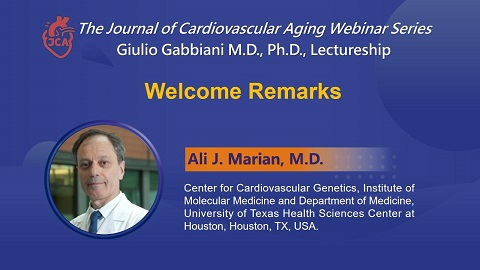
Welcome Remarks
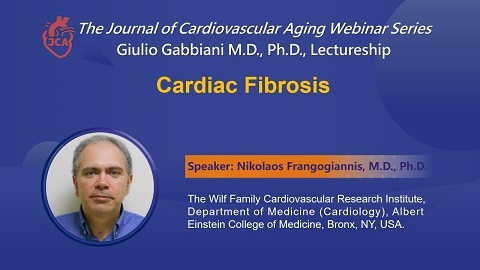
Topic: Cardiac Fibrosis
